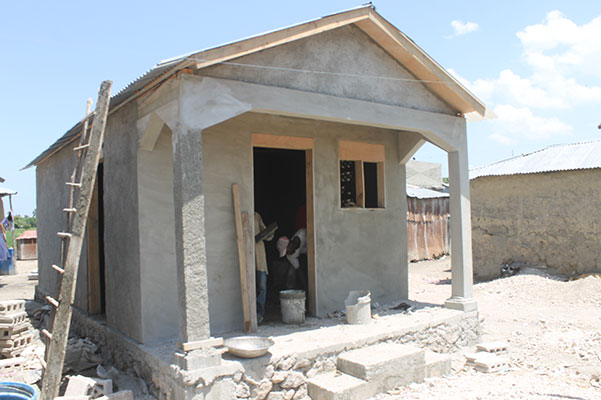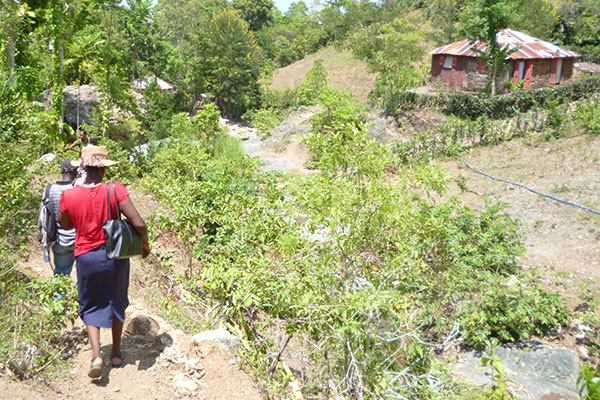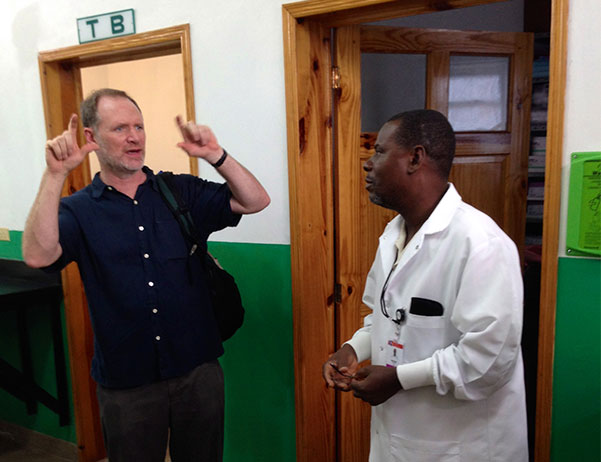
Access to Health Project Haiti
The Need:
Despite the earthquake in 2010 and more recent cholera crisis, it may be surprising to learn that over the past 25 years important progress in healthcare has occurred in Haiti. According to UNICEF, comparing 1990 to today, the rate of children in Haiti dying before their 5th birthday has been cut in half and death rates today due to HIV, malaria, and tuberculosis have significantly decreased. Change is possible in Haiti but much more needs to be done. Access to clean water, sanitation, and basic health services remain significant issues in a country where 54% of people live in extreme poverty. Medicines and treatments are frequently unaffordable or unavailable to all but a select few.
Overview:
In 2015, CPI Partners launched Access to Health Project Haiti, an innovative partnership with healthcare companies and community-based organizations, including Takeda Pharmaceuticals, Children’s Place International, and Partners in Health Haiti. Access to Health Project Haiti provides support to over 500 individuals in poverty across four communities in Haiti. The project goal is to improve patient outcomes by investing in both the social determinants of health and primary healthcare services.

Project Investments

Access to Healthy Homes, Clean Water, and Sanitation
The journey to health begins at home where poor water quality, housing, and sanitation impact daily health outcomes. Recent studies and meta-analysis have shown that improvements to housing positively impact the health status of individuals, especially the poor and those suffering from chronic or communicable illnesses. Access to Health Project Haiti builds new homes and water and sanitation systems and also provides upgrades and repairs to existing homes. This approach targets critical social determinants of health that drive health outcomes.
Access to the Clinic and Pharmacy
Patient access to clinics and pharmacies is often limited by distance, access to transportation, and cost. Access to Health Project Haiti provides a core team of local community healthcare outreach workers to make regular home health visits, provide transportation to and from clinics and hospitals, and provide food, water, and nutritional supplementation to families.


Access to Medicines and Treatments
Access to medicines and treatments is severely limited by the ability of individuals to pay. While basic care is provided by public hospitals, even minor lab tests and routine medications such as antibiotics are not often provided free of charge. Access to Health Project Haiti provides support for hospital and clinic visits, covering medical costs like physician and nurse fees, lab tests, medicine and treatments, and recovery rooms.
Project Goals and Measurements
We’re tracking the percentage of children and families in the program achieving access to:
- Healthy homes, clean water, and sanitation
- Adequate nutrition
- Health services and medicine
We’ll use this data to measure the impact of our program and identify opportunities for improvement and expansion.
The team is utilizing the Child Service Index (CSI) tool as part of its outreach services to monitor the well-being of children and households in the program. The CSI tool was designed by the University of North Carolina specifically for use in resource-limited settings and has been successfully used in 17 countries in sub-Saharan Africa, Asia, and Latin America. The CSI employs a simple Likert scale to rate the status of children in six domains: food, education, shelter, care, psychosocial, and health. CPI Partners began using the Child Status Index (CSI) tool to assess children in our Haiti program.

“Today we have a great partnership aiming at providing the best care possible…like access to clean water, access to housing, access to psychosocial services. Those are values that we share and I feel like I have to keep being a part of it.”
Dr. Wesler Lambert, Deputy Executive Director, Partners in Health Haiti—lead implementing partner for Access to Health Project Haiti

